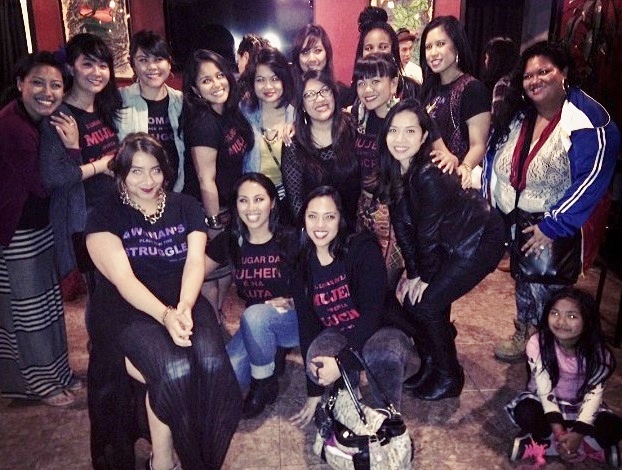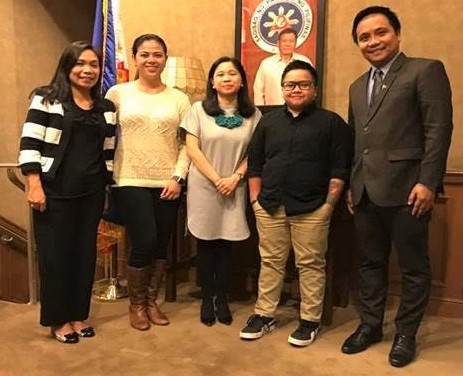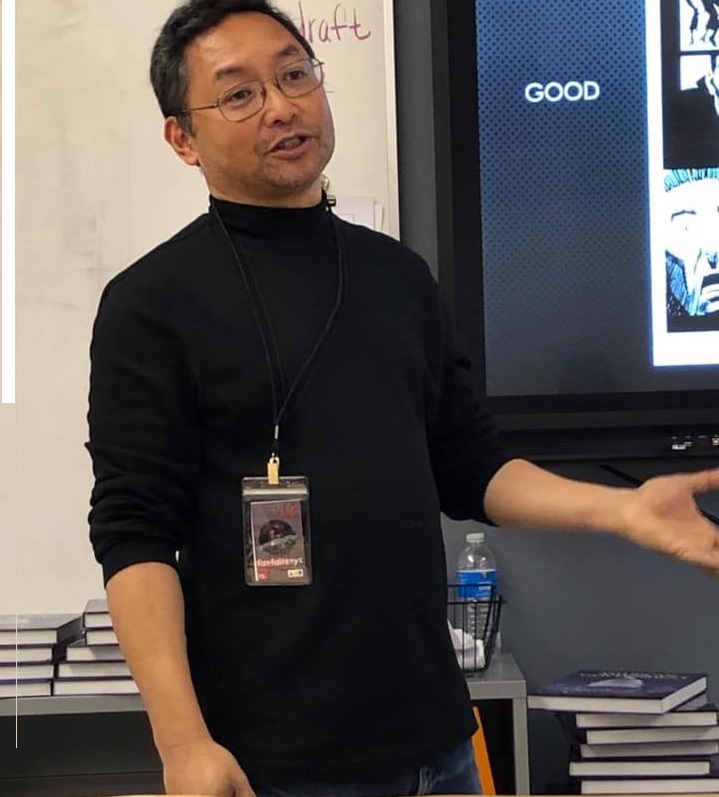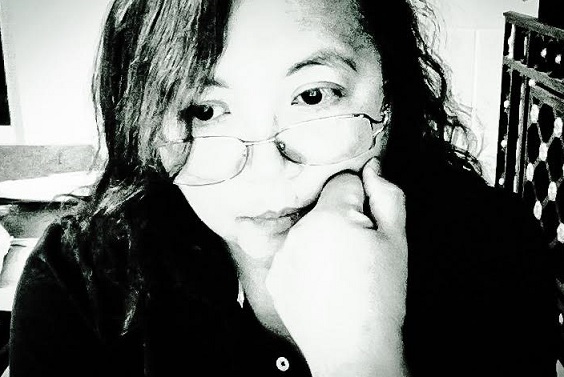In autobiography, Eileen Tabios traces ‘intimate scars’ of Philippine history
By M. Earl Smith
The genre of autobiography is, astonishingly, one that has not seen a large variance of style. Before fiction and even poetry, we found a need to tell tales of ourselves, through both oral and recorded history. Even the biographical poems (in the Western tradition) that exist are normally not done by the subject. Beowulf, the Odyssey, and even Bind Harry’s The Wallace stand as works that tell the tale of a noble hero or a flawed protagonist. After all, such self-bragging would never be allowed by the West, with its traditions and desire to define “civilization.”
From both a material, textual, and bibliographic sense, Eileen Tabios’s “Excavating the Filipino in Me” turns those conventions on their heads. Sometimes humorous, sometimes confessional, and sometimes a recorded history of a country torn by over a century of imperialism, the work presented therein allows the reader to trace the fault-lines of Filipino history along Tabios’s intimate scars. The author gives us an idea of the struggle behind tracing such pain; lines such as “I forgot that survival meant to move on from where a man and a woman joined before the onset of weakness to create me.” and “I forgot how my mother vainly searched for mangos when she would visit during the wrong season.” carry strikethroughs, as if the author is confessing that, instead of forgetting, she was simply choosing not to remember…or that, somehow, forgetting added an extra dose of nostalgia that was not present in the rest of the poem.
That’s not to say the volume is an exercise in forgetfulness, whether by accident or by design. There are certain passages that are repeated (“I forgot my mother, her gum-teethed cronies and other wiry residences of a patient village beaten into the sun” [16, 18] and “I forgot a neighbor who stole my pet pig and ate the evidence.” [18,22]) that remind us that these are the intimate details of a life lived far away from where it started. This, in and of itself, plays at the duality of the art on pages 11-15, where a woman whose memories are very much Filipino demands not to be defined by that same heritage.
The “interview” at the beginning of the book, in concert with the history, spanning from micro-level to global and geopolitical, tie this autobiography into events that, while beyond her control, helped shape her life. Here’s an excerpt:
Disrupting the (traditional) form and genre of autobiography and biography is one of my interests, primarily because it amuses me. But there’s certainly many reasons why one (or I) desires to disrupt auto/biography—from the general factors of how one may or may not ever know the true story, how one elides the true story, and how I believe identity is both constrained by inherited circumstances as well as fluctuates such that any life story narrative is at best a snapshot narrative rather than something that can hold true over time. I call these “general” factors because they can apply to everybody, thus how *knowing one’s self* is one of the most difficult goals to achieve.
But then when, in my case, one is forced to grapple with immigration, diaspora, minority/POC positionings in the land where the migratory transplant ends, then the memoir, by being a genre that posits it can present an accurate life story, becomes a landscape fertile for disruption. I have another book from Black Radish Books (who I cite because they’re a press that’s known for innovatively experimental authors), and that book’s title says it all: “AMNESIA: Somebody’s Memoir.”
Make no mistake about it: This is an autobiography, one that transcends the boundaries of genre and style, giving a, to quote from one of her poems, “gooooey, gooooey, gooooey” thumb to the
self-important fallacies of Western self-reflection.
From works for children to the macabre, from academic research to sports journalism, and from opinion essays to the erotic, M. Earl Smith is a writer that seeks to stretch the boundaries of genre and style. After graduating from Chatfield College (with highest honors) in 2015, M. Earl became the first student from Chatfield to matriculate at an Ivy League institution when he enrolled at the University of Pennsylvania. The proud father of two wonderful children (Nicholas and Leah), M. Earl studies creative writing and history at UPenn.
Copyright © 2017 The FilAm













